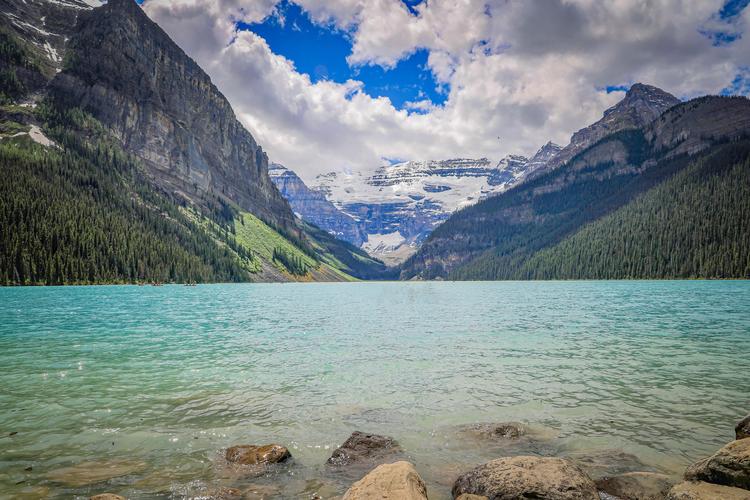Preserving El Salvador’s Cultural Traditions: A Look into the Country’s Festivals and Customs
El Salvador is a beautiful country located in Central America, well-known for its scenic beauty, architectural marvels, and vibrant culture. The country is an amalgamation of diverse cultures and traditions, shaped by centuries of history and a melting pot of various ethnicities. While Salvadorians have a rich history, their cultural traditions are still very much alive and continue to hold a special place in the hearts of its people. In this blog, we’ll dive into the country’s festivals and customs that make El Salvador such a unique and vibrant place to visit.
The Role of Festivals in Salvadorian Culture
Festivals hold a special place in Salvadorian culture and are an integral part of the country’s unique traditions. These festivals offer a way for locals and tourists alike to participate in local customs and immerse themselves in the culture. One of the most popular events in El Salvador is the Festival of Flowers held in February, which celebrates the country’s biodiversity and showcases the beauty of local flora. Other popular festivals include the Festival of Santo Domingo de Guzmán and the Feast of El Salvador del Mundo, which honor the country’s patron saints.
Customs and Traditions of El Salvador
Beyond the festivals, El Salvador has an array of customs and traditions that are well worth exploring. One such tradition is the folk art of the country, which is an essential part of Salvadorian culture. From pottery to weaving and embroidery, each piece tells a story and highlights the unique beauty of the local landscape and cultural heritage. Another custom is the local cuisine, which is a mix of indigenous and Spanish influences. Salvadorian food is a unique fusion of flavors and aromas, with dishes like pupusas, tamales, and ceviche, all worth sampling when you visit.
The Importance of Preserving Salvadorian Culture
The preservation of Salvadorian culture and traditions is crucial to maintaining the beauty and diversity of the country and its people. As tourism grows, it’s important to promote sustainable and responsible travel that celebrates and respects local cultures while providing economic opportunities for locals. By preserving the country’s customs and traditions, visitors can gain a deeper understanding of the local culture and its rich history.
In conclusion, El Salvador’s festivals and customs offer a fascinating insight into the country’s unique cultural heritage and should be celebrated and preserved for generations to come. From exploring the folk art to sampling the local cuisine, there are endless ways to immerse yourself in Salvadorian culture. As you plan your next trip, consider adding some of these festivals and customs to your itinerary and gain a deeper appreciation for the country’s rich history and vibrant culture.
(Note: Do you have knowledge or insights to share? Unlock new opportunities and expand your reach by joining our authors team. Click Registration to join us and share your expertise with our readers.)
Speech tips:
Please note that any statements involving politics will not be approved.
